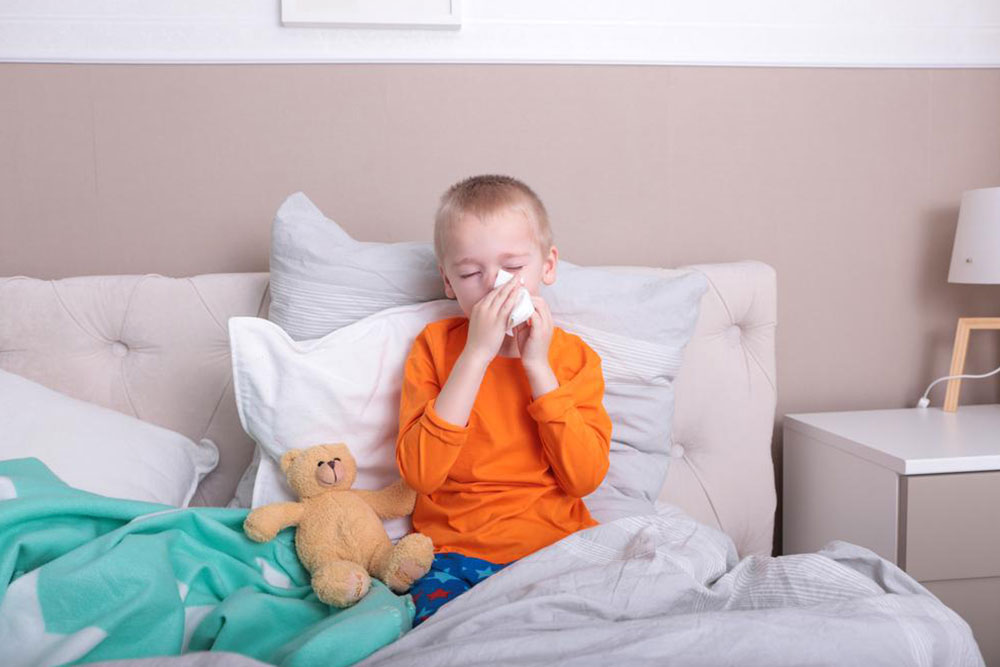Allergies in children
Kids are magnets for colds. In any case, when wheezing and sniffling persist for a long time, it can be hypersensitivities. Enduring sniffling, with a runny nose, may flag the nearness of hypersensitive rhinitis. A collection of side effects influences the nose when you breathe in something unfavorable. Hypersensitivities might be regular or can strike year round.
The ill effects of unfavorably susceptible rhinitis are experienced by up to 40% kids. Furthermore, kids can contract hypersensitivities from their parents as well. The U.S. Food and Drug Administration (FDA) and many physicians recommended drugs offered by pharmaceuticals. They offer hypersensitivity alleviation and allergens that analyze and treat sensitivities. Make sure you take mild dosages of the medications. If the symptoms are severe, consult a doctor.
Immune response for allergy
An allergy is the body’s response to a particular substance or allergen. Our immune system reacts to allergens by discharging histamine and other chemicals. They are responsible for triggering the side effects. The effects are seen in the nose, throat, sinuses, lungs, eyes, ears, and skin. Allergies can also trigger asthma that lead to problems like wheezing as well.
Stay away from pollen, mold And other allergy triggers
If your kid is sensitive to dust, ensure that you keep your kid inside when the pollen levels are high. Pollen levels in the air are at their peak in the morning during late summer and early fall. They are also high at night during spring and summer. Sunny, blustery days can be particularly troublesome for those who are hypersensitive to pollen. It is best to keep the windows shut at home and turn on the ventilation system.
Allergy drugs for kids
For most kids, symptoms can be controlled by maintaining a strategic distance from the allergens if they are identified. It is important to consult a doctor if the symptoms are prevalent and not alleviated by OTC drugs. However, some sensitivity prescriptions are can be given to children as young as 6 months. Read the details on the medicine and ensure that it is age appropriate for your kid. If your kid is taking more than one medicine, ensure that they are not reactive. All medicines have a list of the chemicals used in making them. They also have side effects listed.



